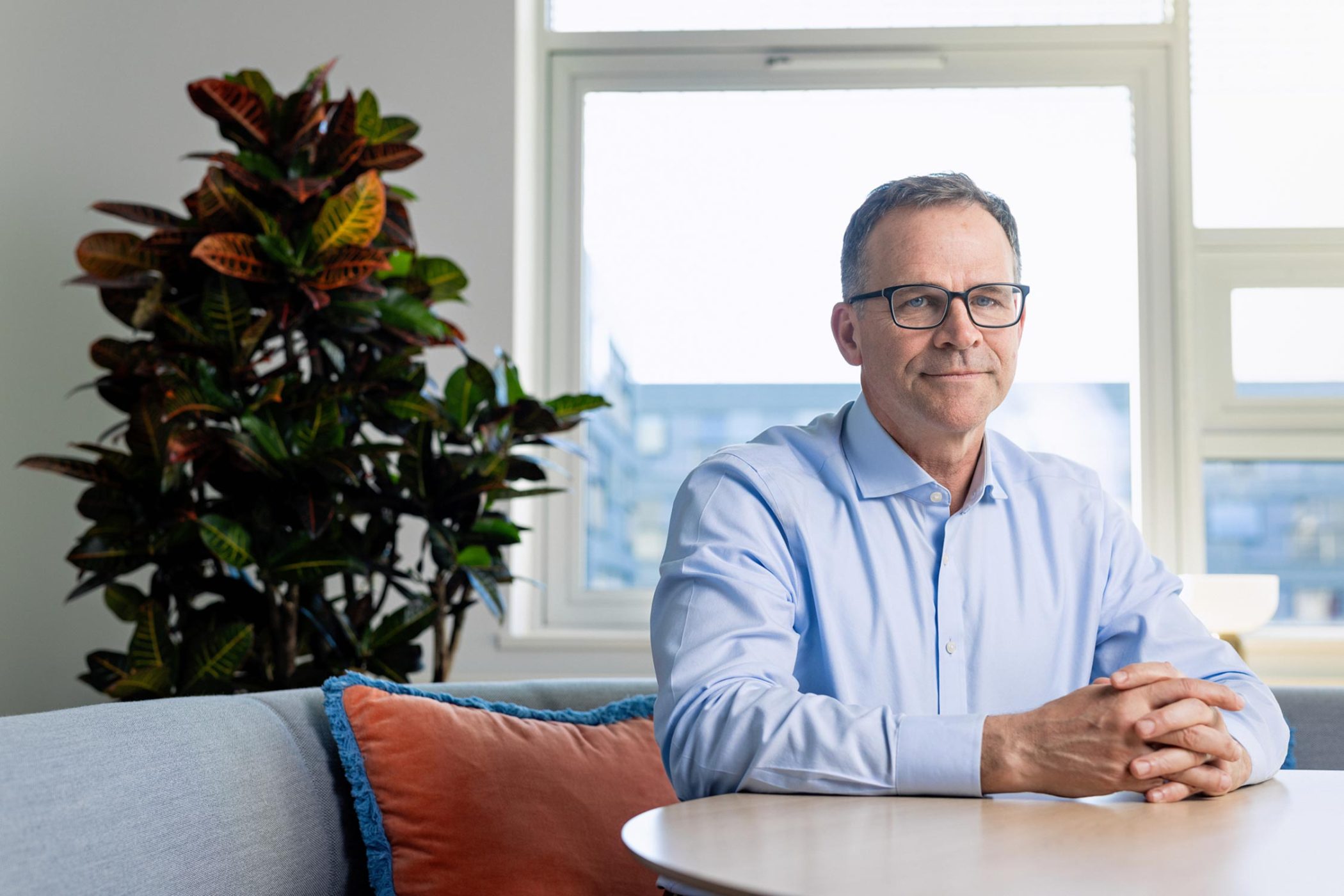From failure to innovation: insights from Cambridge Enterprise's Chief Executive
Cambridge EnterpriseFrom discovering Newton’s law of gravity, to uncovering the technology behind IVF and unlocking the potential of monoclonal antibodies, few universities have the track record of discoveries of Cambridge. Nor 125 Nobel prizes that recognise this.
However, even with this pedigree, Cambridge has more work to do to take the discoveries our academics make and help them maximise their impact. Right now, there is also a compelling opportunity for the UK to capitalise on the disinvestment in innovation, research and curiosity that is happening in US institutions.
Now is the time for Cambridge and the UK to double down on science and innovation and capture what is probably a transient opportunity, whether through advancing our own world-leading research or welcoming the talent that can help develop, commercialise and invest in the technologies of the future. That’s why we’re thrilled to be opening Cambridge Enterprise’s first ever office at the heart of London’s tech community in Kings Cross.
Connection as a catalyst
Opening in London is a physical manifestation of our belief that our university and city have to work harder to build global connections. We can’t just expect that investors from around the world will come to find us at the end of a trainline, however beautiful and historic our surroundings.
By opening a location in King’s Cross, within sight of Google’s huge new European headquarters, we are signalling that we are global in our outlook and our intention to bring our talent and emerging companies to the world’s investors and corporates who we can partner with. Right now, as others retreat from free scientific enquiry, Cambridge must demonstrate it is eagerly investing and expanding with an open mind.
To build genuinely global companies – companies like Abcam, Arm, Solexa and Frontier Developments, we need to be able to connect both locally and globally and there is no better place to do this than in London. Here we can build a bridge to capital, talent, partners and other ecosystems.

Doubling down on innovation
Technology and innovation that arises from Cambridge’s labs – and other leading UK institutions – are the crown jewel in the UK’s ability to drive economic growth through innovation. Right now, while other nations are effectively disinvesting, we must double down.
Take AI. Thanks to the University’s global AI leadership, there are 120 AI startups, many commercialising academic research that will have profound global impact. Across the city, there are also 1500+ researchers working on AI projects and providing collaborative research funding that has catalysed over 30 projects. Cambridge is, after all, the world’s number one for producing successful tech founders.

Much has been written about how the government needs to stamp out policies (tax and otherwise) that crowd out global pools of capital, talent and other resources. But kickstarting a culture of innovation is just as important. There are three priorities we must address:
Acknowledge and embrace failure:
Having spent much of my professional life in Boston and San Francisco, I understand deeply not just that things sometimes fail…but rather that they usually do! As an entrepreneur, with that framing in mind, you better be aiming high. How else can you justify the risk of losing money and wasting time, except by striving for the outsized rewards of profound impact if your efforts succeed?
Key to this mindset is an ability to talk about one’s failures. It’s also useful: after all failures are a fact of life and in the scientific world are inevitable. They bring new information and are the crucible from which new ideas and innovation emerge.
Integrate investors:
After the start-up phase, how can investors leverage their networks to help founders build and attract the next round of resources? The most useful local investors are those that are deeply integrated into diverse and resilient global capital flows.
Increase flexibility and responsiveness within academia:
Universities and research institutes are the life-blood of transformative change; but they need to change as well. Too often archaic and ponderous internal processes prevent us from taking risks and seizing potential opportunities when they present themselves. Our institutions are right to protect their basic research mission and allow curiosity-driven inquiry to thrive. However, they also need to build bridges to the private sector, without which, the broader societal impact of their innovations will never flourish.
Each set of stakeholders in our innovation sector has their own challenges, but as Winston Churchill said, “Success is stumbling from failure to failure with no loss of enthusiasm.”
London, the leading tech ecosystem in Europe, is the first staging post on our journey as Cambridge looks to maximise this opportunity to take world-leading science and innovation and use it to bring real change to populations far beyond our universities.











